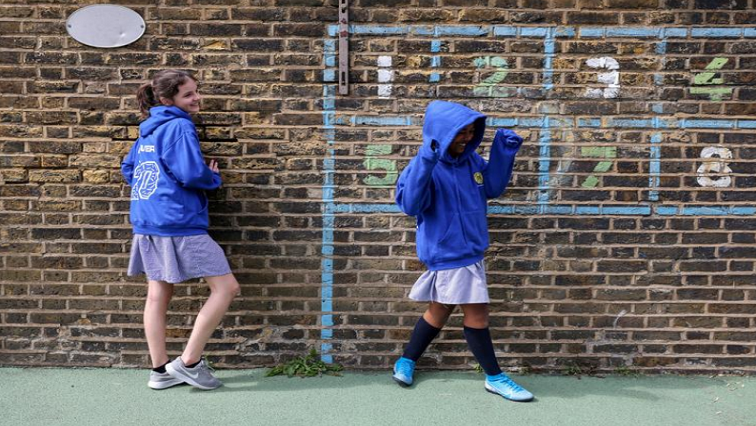The year-long lockdown has had detrimental effects on non-profit organizations (NPOs) countrywide, as many depend on donor funding to survive.
The lockdown first came into effect at midnight on the 26th of March last year.
President Cyril Ramaphosa declares a national state of disaster:
Some NPOs care for vulnerable children and have not been able to hold fundraising events, due to lockdown restrictions. This has had a huge impact on their viability.
The Abraham Kriel Children’s home in Potchefstroom is home to 230 children between the ages of two and nineteen. The home says the pandemic did not only affect their finances, but the children also had a hard time adjusting.
Childcare supervisor, Alec Votyeka explains: “It was a bit difficult. They couldn’t even go out, outside the yard, it was a bit difficult. And in terms of sports, our kids are more active in sports in different schools, they are very much active. But now it was a bit difficult for them, they couldn’t do anything. Even here, whenever they come, because we make sure that we collect them, group, by group. We didn’t get them all. We get the first group, we quarantine them for a couple of days. If we see that they don’t have signs of COVID-19 then we place them in different houses.”
Staggered schooling
The staggered schooling system has also taken getting used to, as the staff now work even longer hours, as there are always children at the home that need looking after.
Public Relations Manager, Marne Coetzee elaborates: “Our kids rotated their school hours. So some would go on Mondays and Wednesdays. And others would go on Tuesdays and Thursdays which was a challenge for childcare workers since they’re used to the mornings when all the kids are at school. This means they work longer hours since some of the kids are at home and some are at school since they are in different grades. That has impacted them quite a bit since they’re not used to the changing schedules of the kids. But they have adjusted with a good support structure. We’ve ensured that they can cope to do their full ability.”
Children sad, lonely
Children say the lockdown has taken away some of the things they value most, such as interacting with friends at school and visiting the playground.
Above all, they despise the wearing of masks.
“It’s a long time when the virus is out there and you have to wear masks because the virus will go into you and you will get sick. I don’t like wearing masks because then you can’t breathe a lot. I miss hugging my friends,” says one child.
Adds another: “Last year wasn’t a year that I liked a lot because of the virus, people were dying and we had to stay inside. I hate it because it doesn’t let me go, it lets me stay. I want to hug them and I want to stay with the people. I would like to say to the President, to not toughen up the lockdown because we need to go to school.”
The country is currently under level one lockdown, which has much more relaxed regulations.
A year since SA was placed under COVID-19 hard lockdown:






